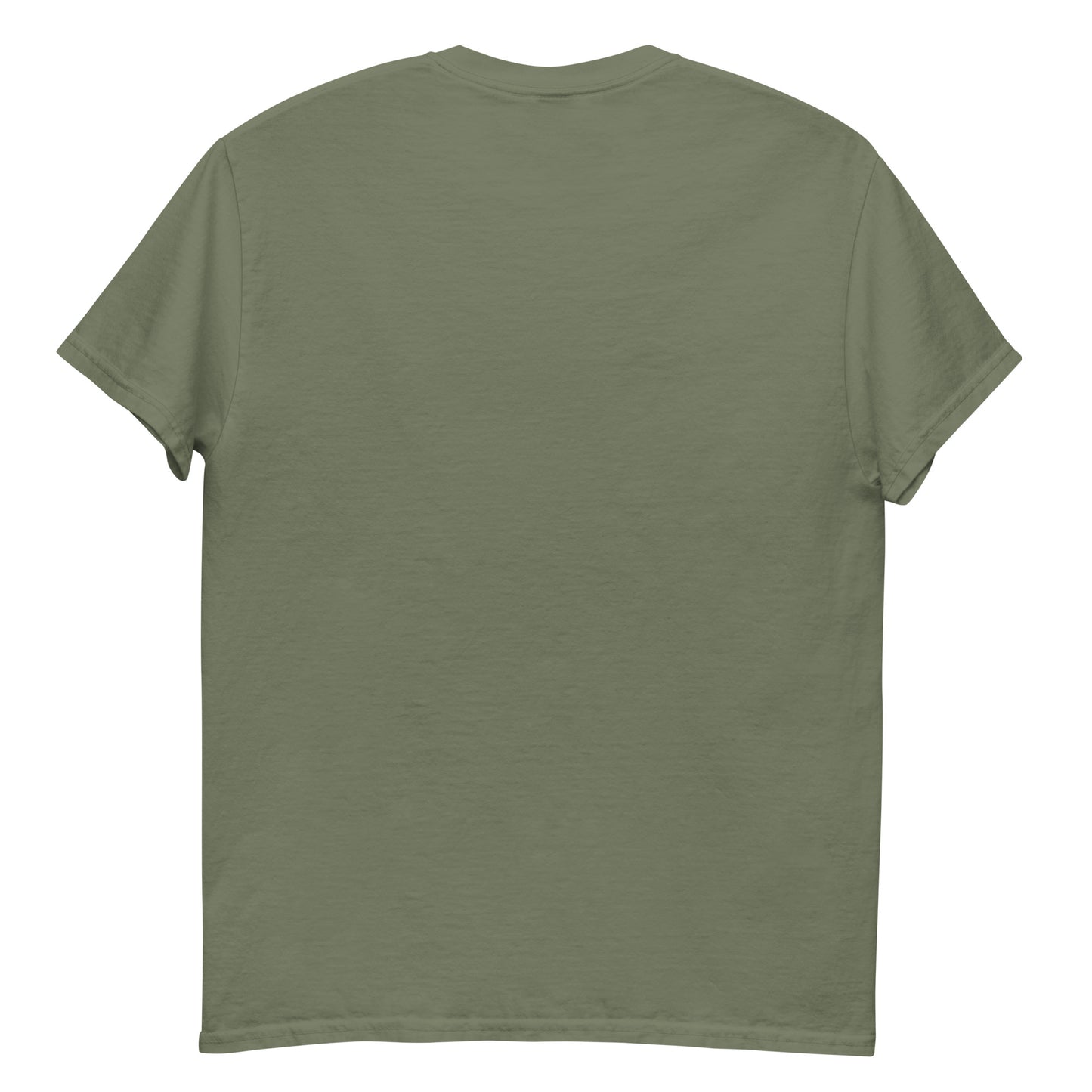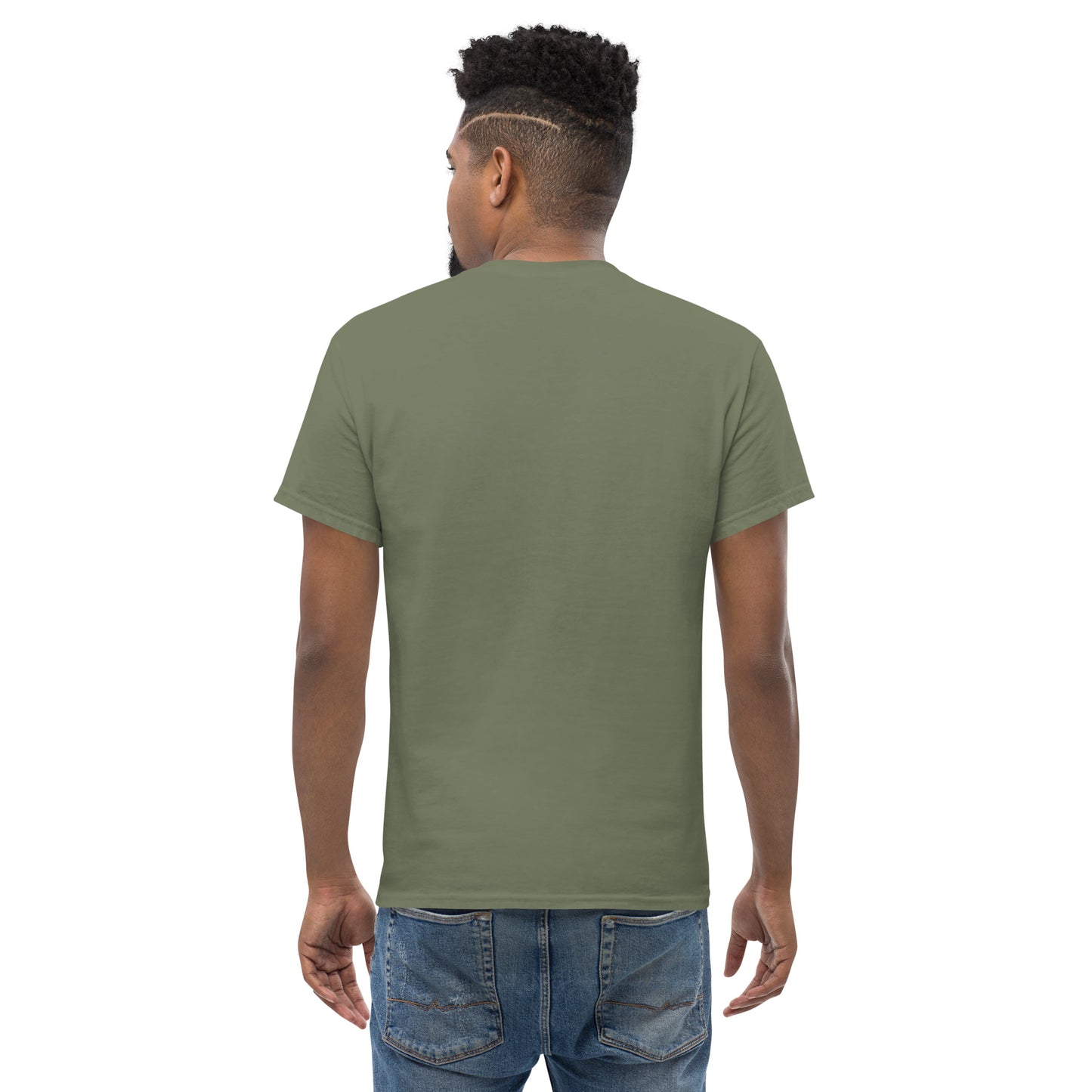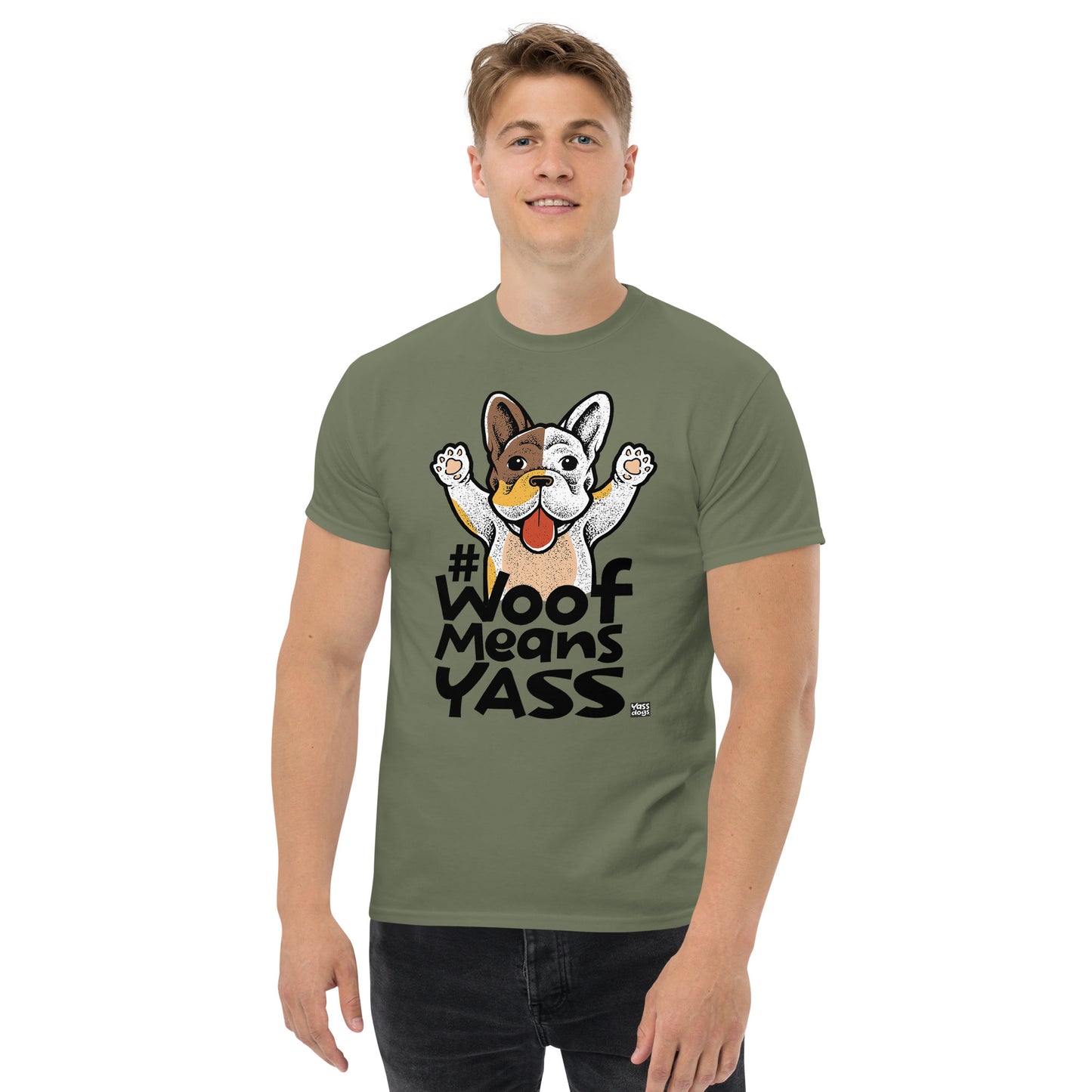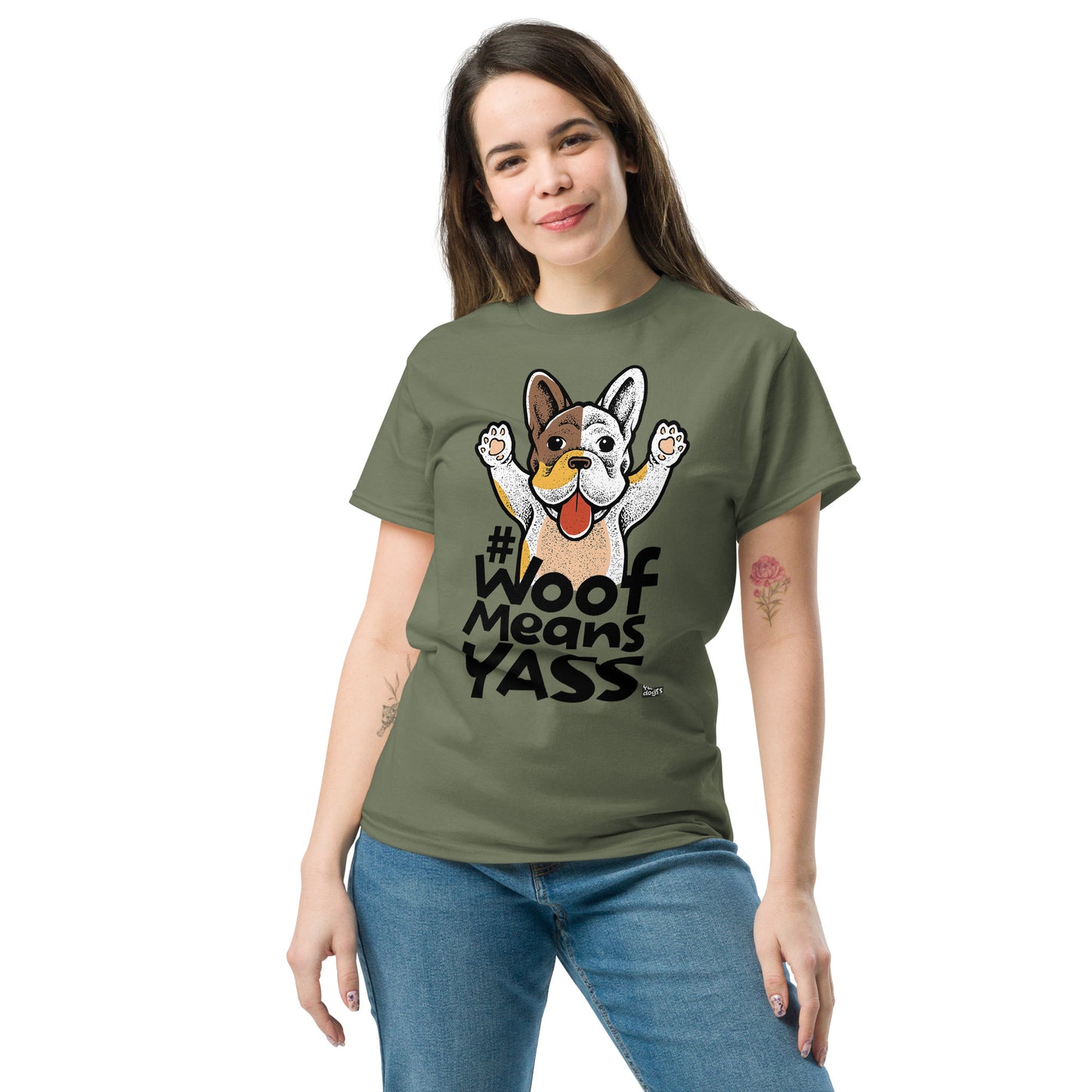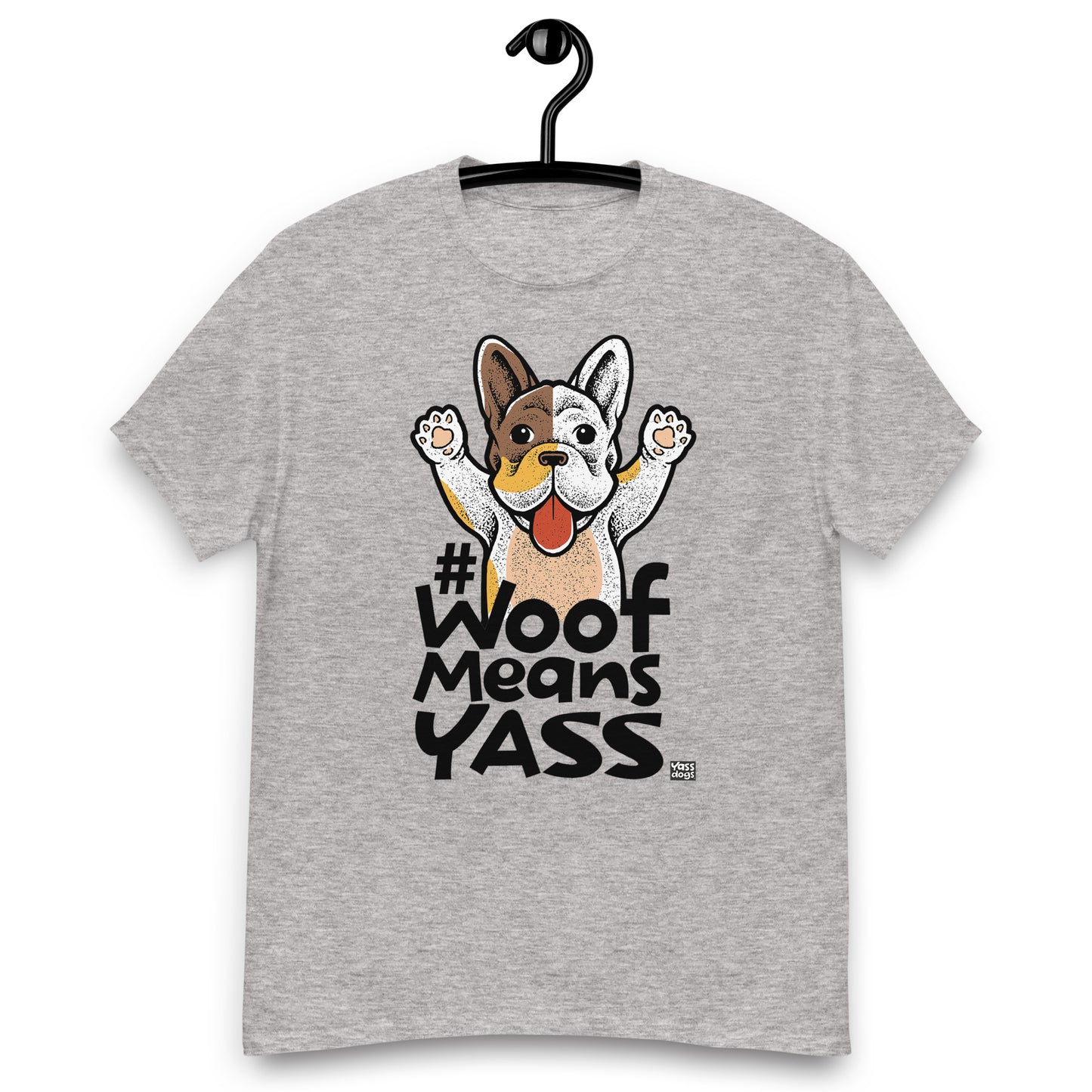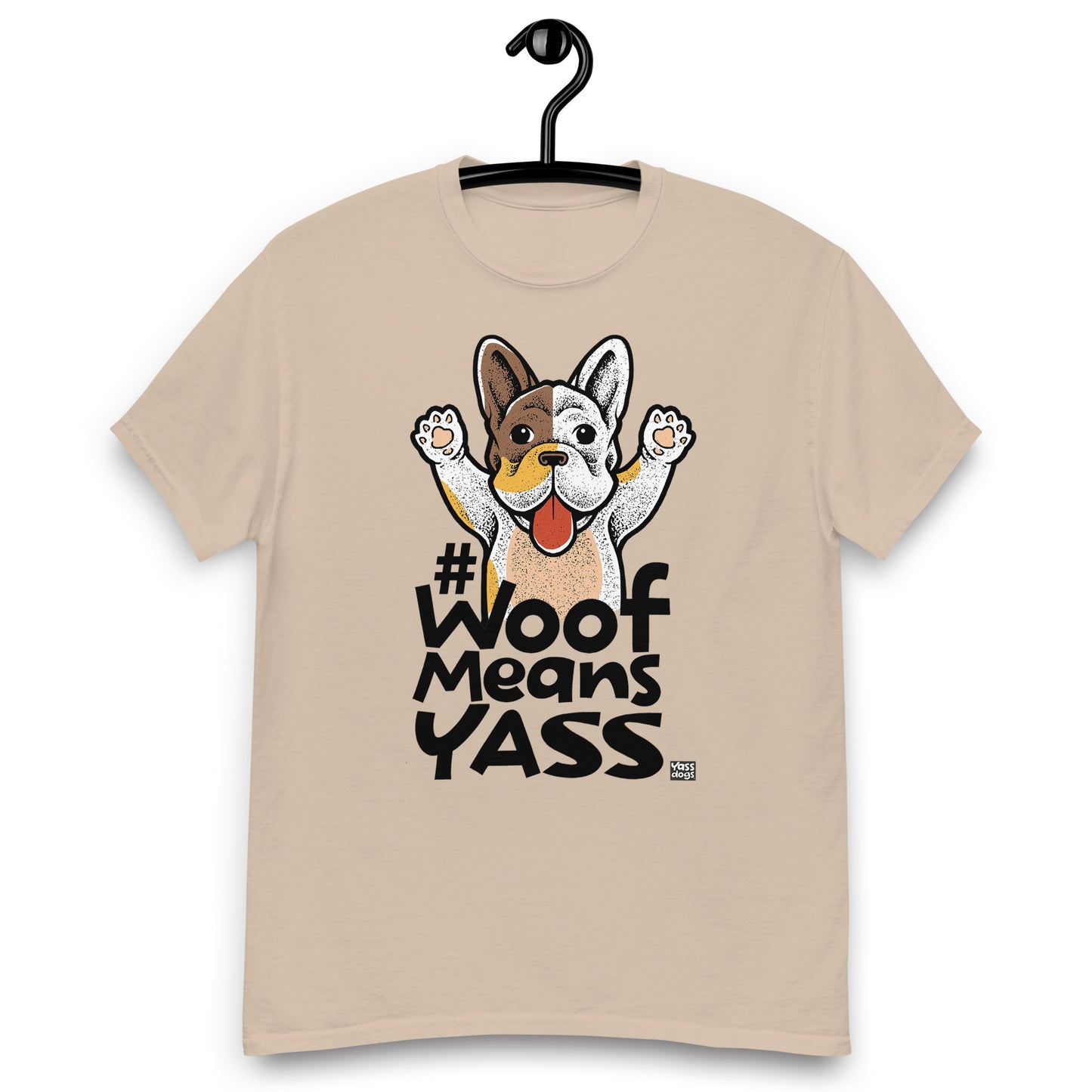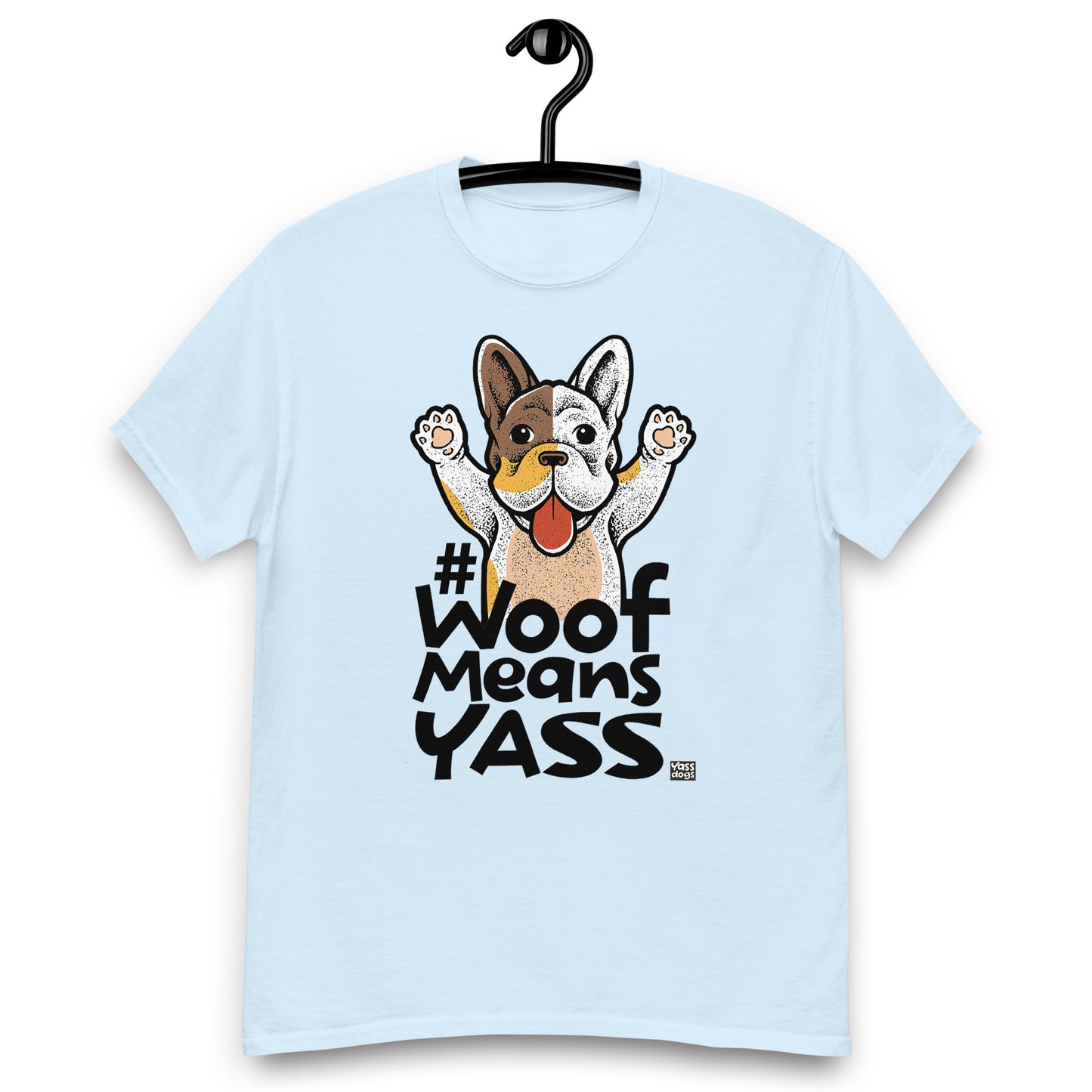
While owning a giraffe would probably be awesome, leaving it tied up outside your local supermarket could be problematic. Ditto, a baby rhino or fully grown stag. Owning swans, Canadian geese or a heron is no doubt hilarious but they can be a little too unpredictable, particularly around hyperactive children, angry ex-husbands or pond life (the latter two being indistinguishable for some of you). We must then consider animals that are already domesticated, like cats, dogs, hamsters and gerbils. After looking at each of them with a large magnifying glass, our attention soon focussed on dogs. We studied their behaviour, we studied their language and we generally freaked them out with our sudden close scrutiny. We found that their responses to the following: eating a diet of an indistinct and disgusting nature, outside exercise regimes and digging up the neighbour's garden, were always unmistakably positive. Aside from my study group, I also personally spent many hours taking my own dog through countless surveys, with questions like: ‘would you like some dins-dins?’ Or ‘wanna go for walkies?’ and ‘is the neighbour’s cat edible?’ His answer, without hesitation, was always: Woof woof woof. A clear pattern was emerging and so in an effort to make sense of the data, we contacted the most prominent language experts from the best universities across the globe. Without exception they all agreed that the probability that ‘Woof’ means ‘Yass’ was incredibly high. We were so elated with the outcome that we were inspired to start ‘Yass Dogs’ with one simple remit: to raise money for dog charities who help rescue abused, neglected and diseased dogs. How can you help us? All we ask is that you 'wear your kindness' by buying one of our dog-positive t-shirts or hoodies. When you do, 100% of profit goes to directly to dog charities. See the range here


